The gay male abandonment issue—mine, that is
The mental and emotional issues gay men deal with go beyond homophobia. Here’s one.
I’ve never forgotten the time I hooked up with a guy who, if his Grindr pics were accurate, was one of the sexiest men I’d ever seen. He was visiting New York on business when he pinged me, and I raced over to the hotel like a bat out of horny hell.
I’ll also never forget the look on his face when he opened the door…disappointment. I smelled it like patchouli, unsubtle and hard to shake, and all I could think of was how do I get out of here before I’m humiliated even further?
Oddly enough, instead of pointing at me and laughing or calling security, he said “let’s do this,” dropped his towel, dropped onto the bed, and dropped any sort of subtleties about what, exactly, we were going to do. Suddenly, I was the luckiest man alive, a god in front of me who, though obviously disappointed in the delivery man, desperately needed the package.
I undressed, looked at the wonder in front of me, and went limp.
Oops.
Not only was it one of the most humiliating experiences of my hook-up career — and bad mistakes, I’ve made a few — but I knew exactly what went wrong: I didn’t think I deserved him and my body reacted appropriately.
Despite having the good fortune to enter my fifth decade as a “daddy,” with a healthy sex and love life, and a wonderful love of men, I’ve always struggled with inferiority toward the same sex, especially those of the upper aesthetic echelon.
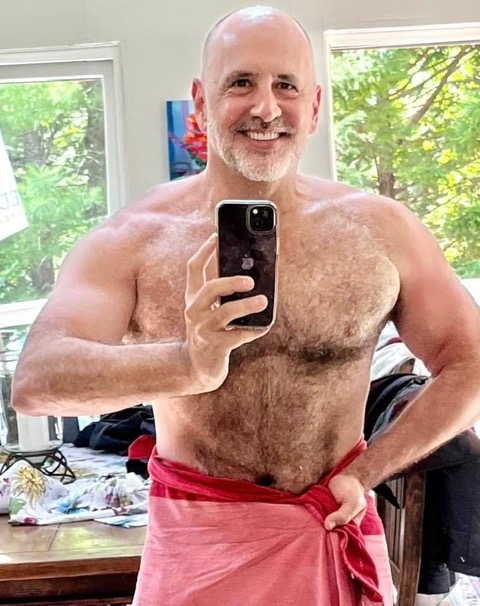
I’m particularly frightened of men who fit the “frat boy” bill—as hookup guy did—confident, cool, using trendy words and phrases like “awesome,” “have a good one,” and “good vibes only.” My vocabulary is more along the lines of swearing between every other fucking word and not giving a fuck. I see these men and think, no doubt unfairly, they probably always looked and dressed great, always had friends, and always had the world in the palm of their hands.
And then I remember how they all abandoned me.
I’m not in therapy (hold off your judgment, folks), and I don’t spend a lot of time over-analyzing what exactly makes me me, but, like most of us, I believe self-reflection is part of the positive aging process. Men leaving me is a huge part of my life story, starting at the tender age of gay five.
Dad went away first (suicide), and that was like taking a trip to Disneyland and being locked to a chain-link fence outside the kingdom. Everything wonderfully masculine left my world before I was old enough to throw a ball, as my father was a jock, a football and basketball hero, an MIT scholar, a Sigma Chi President (there’s that frat thing revving up), and an apartment-dwelling bachelor—Mom and Dad were divorced, and his Oakland digs and Salem cigarettes were, for me, the coolest thing since the sliced bread he used to make our sandwiches.
After Dad, and every popular boy in school who thought it was more fun to beat me up than sit beside me at lunch, my best friend joined the abandonment team, and that devastation haunted me for years…still does. Greg and I were inseparable and in platonic love, and mapped out our lifelong plans together, me an actor, him my director. That changed when he grew muscles, girlfriends, and cliques so exclusive you needed a fashion coordinator to get in—they were Mean Guys.
On one of our last outings together at Great America amusement park (maybe I had a thing for these places because my real life was anything but amusing), he left me after spotting his new friends, and I turned around to see them all making fun of me on the line for the roller coaster. I called my mother and we drove home alone.
My best teachers were female, my first bosses (at a local newspaper) were women, my icons were women—Jane Fonda and Barbra Streisand rocked my world—and my first two male loves (when I was 15 and 16) rejected me. One was straight, to the best of my knowledge, so, yeah, I’ve forgiven him, and the other, an actor/singer/dreamboat who came direct out of every fairytale where the handsome, older ‘mo prince (he was 24!), saves the damsel in coming-out distress (he took me to see “Cabaret” at The Castro), except for the part where the prince would rather eat the apple himself than be forced to kiss the ugly gay boy.
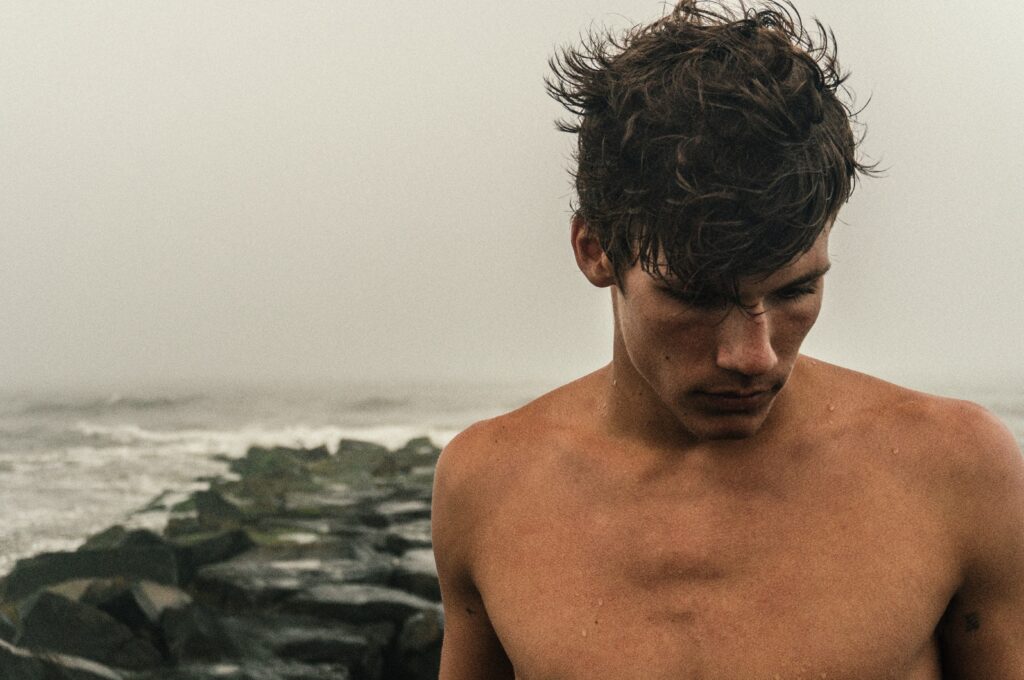
After that second heartbreak, I decided Gay God was non-existent, and enrolled at UCLA, where another crush hit me hard, a guy who, when not combing his James Dean hair or putting on Melrose perfect Place clothes, told his friends to tell me politely that he’d be making snowballs in 3,000 degree weather before he’d get naked in my presence. I met a handsome actor in Summer Stock who loved me almost as much as the cult he wanted me to join and its leader he was sleeping with, and decided, after all that, I had one option left.
I’d come to the gym, I’d see muscles on me, I’d conquer men.
By the time I’d turned 27, I was not only buffed, but so afraid of male intimacy, and the rejection that comes with it, that sex became, ironically, the safe alternative. I used to have a running joke that I was only sure a man actually liked me if I was inside of him, and even then it was iffy until he came. I had little clue as to how to behave around a romantic interest—fucking has a much simpler beginning, middle, and end—and the one “true love” I met not long after that point just so happened to play one of those muscle studs in a cabaret show where the hot guy takes it all off at the end. Clearly, I needed confirmation. When he broke up with me, I was a confirmed loser in love.
Thirty years later, I’m still not sure how to behave around men I’m attracted to, and see any sign of detachment as rejection. I overcompensate, or did up until a few years ago, collecting gorgeous men the way I used to collect Matchbox cars. If they were pretty, I had to have them. If they weren’t into me, anything short of “I’m straight” made me ponder why I wasn’t good enough. A sexy Ginger friend told me, matter-of-factly, that, whenever he goes to a bar or club, he’s already sure that half the guys he’s attracted to won’t reciprocate because of his curtain-and-drapes hue, and I always admired his ambivalence. I didn’t, however, share it.
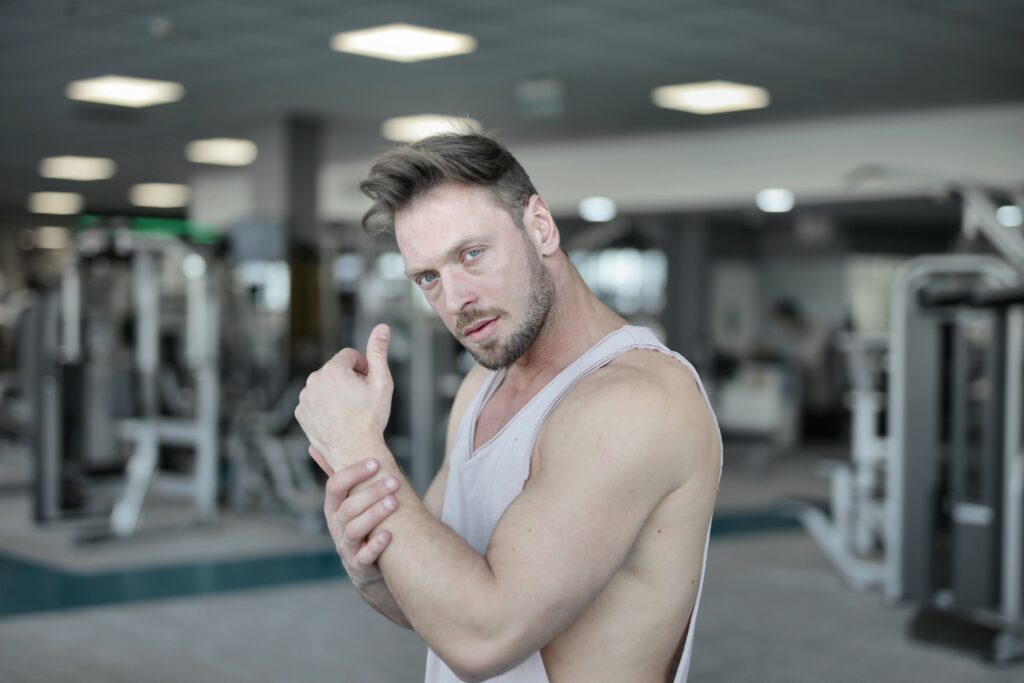
Physical dominance is just one symptom of insecurity. I tried to overpower guys on an emotional level, too. I once told a man I’d just met that I wanted to take him to a Caribbean Island and make love to him in our own private cabana. He blocked all communication from me faster than I realized just how afraid I am of being an equal in love—good thing, too, as I didn’t have the bucks for this trip I’d invented. Older men were easier for me to approach, because the balance was already tilted toward, yes, Father Figure. But I’m the older one now. Stick around long enough and it happens!
The minute a date and I are intermingled with a group of his peers—dinner parties and anything grill-related are the scariest—my mind goes back to Greg and how much he and his friends tormented me, or, further, to the boys in school stealing my lunch and calling me a fag. The cool kids still terrify me, because, I know from experience that they are the first ones to tell me I’m fat, unattractive, stupid, boring, loud, obnoxious, a misfit but not a toy. I’m not afraid of being ignored by the Pretty People on Fire Island—I’m afraid I may have to talk to them. The last memory I have of my dad is of a fight we had, in which I told him I needed my mommy, and five-year-old me is still in his car, listening to him yell at me for being such a sissy while he drove me home. Fifty-plus years later, and, in an existential sense, we’re still in the middle of that argument.
I might have been the best reader in First Grade (see how far that gets you with the popular kids), but I’m a slow learner in the fitting-in department. Speaking of, I had to shop in the Husky section of J.C. Penny, too, and still think “Kick the Fatty” would have been a more appropriate name for that illustrious area in the store. I also no longer feel alone. A lot of men from my generation had no male role models as kids, or even as young adults—Farrah, with her dazzling skateboarding skills and California tan, was my butchest ally. We were male outcasts, those of us who didn’t play sports or join the Cub Scouts or pop wheelies in the school parking lot. We didn’t bond with men because they were, for the most part, our enemies.
It’s no surprise that the rejection, and repression, we felt, led to mirroring the men who left us, always looking for a prettier reflection, then signing up for the smorgasbord of beef. Rinse, repeat workout, and re-indulge. Every time you fuck a prize an angel gets a hard-on.
The seventies were about sexual revolution, AIDS in the eighties forced us to examine what love had to do with it, and, physically blossoming just in time for the nineties, I was allowed to peek into both the body beautiful Chelsea world—we didn’t have Twinks back then, just guys who, clutch the dumbbells, chose to skip the gym—as well as the beginnings of non-sexual gay, male bonding.
Today, along with the lovely dystopia of social media “community,” I’m witness to same-sex marriage, gay youth groups, and a weird science fiction TV show in which hot guys in high school actually kiss in the hallway and hold hands at coffee shops and make out on those same amusement park rides that caused me so much childhood grief—it’s called “Love, Victor,” and it’s so far removed from my own youth it might as well be located on Space Mountain. I knew how to act and I knew how to write (two entirely self-centered professions), but any sort of joining in, like for a volleyball league or Starbucks outing, meant being an equal player. I excelled at Solitaire.
Another thing about growing up the way I did, with a liberal family and easy coming out process—as easy as it can be, anyway—is that I didn’t have to run away to find a place to belong, and I wasn’t forced to meet accepting friends and learn how to survive on my own. I had a built-in base. While I have nothing but empathy for kids who are ostracized by their families and community, and am eternally grateful I never had to experience that kind of horror, I think those who escape adapt better to groups—they have to in order to survive. Over the years, I’ve found a chosen family, and it has nothing to do with growing up girlie.
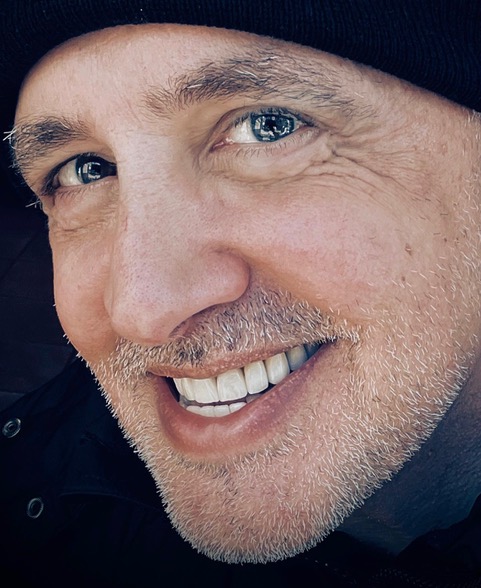
So here I am, not naked in front of you, admitting that love’s labors are never lost on me. I don’t share these feelings with regret, in huge part because, well, that’s pointless, but also because it’s all part of my education. Also, if you’ve spent any time around me you know I like the company of others almost as much as I like to send the company packing. Here’s to the ladies who don’t stay for lunch. But I don’t want to feel inferior to men any longer, and writing about my progress is like a personal PowerPoint presentation—it gets me on board. I’m good enough, dudes, and that’s awesome. Sigma Chi should make me their perennial sweetheart.
After that Hook Up from Hell I wrote about at the (ahem) top of this piece, you would have thought I’d just run home with my, um, tail between my legs. Not so. I pinged another, perhaps hotter guy on Grindr, who was all of 30, Uber-ed straight to his apartment, walked in to see him the position I’d requested, said nary a word, and released myself inside. I didn’t have the time to let my head get in the way of my head. It might not have been the healthiest way to deal with my issues, but it made me feel like a man.

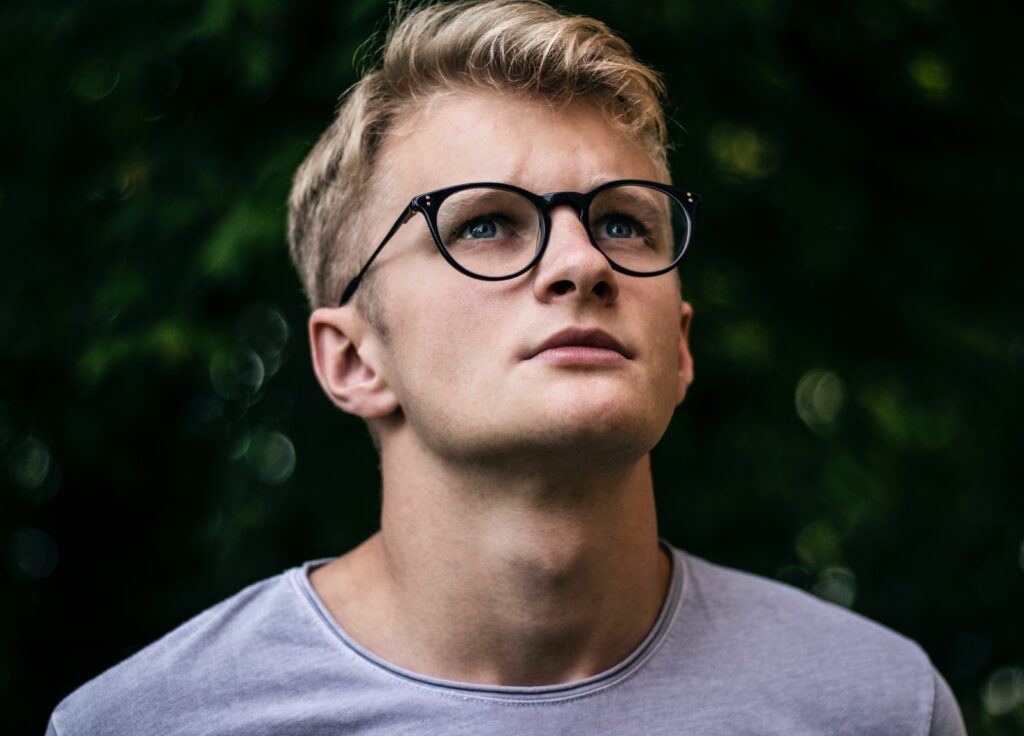





I was the guy he mentioned in the article. Reading through what the author wrote, it seems like he has some triggers that he needs to work through. No judgement here but I believe this gentleman should seek therapy to work through his issues that he is narrating.
Also he didn’t not look like the attached image, he did give me a false impression of how he looked at the time. I hope he is able to work through his insecurities
I say this with kindness
I once met him on the app. He did not look like his pics. I was also disappointed. He seems insecure